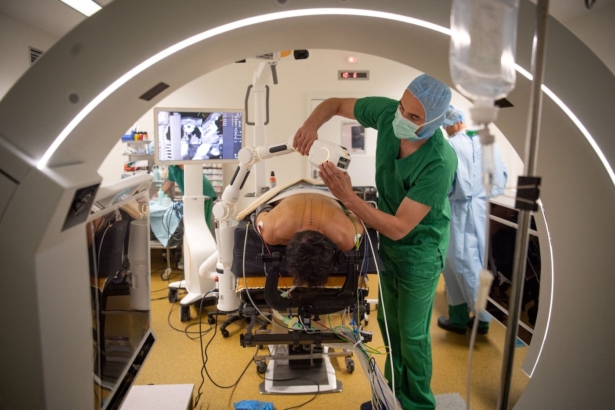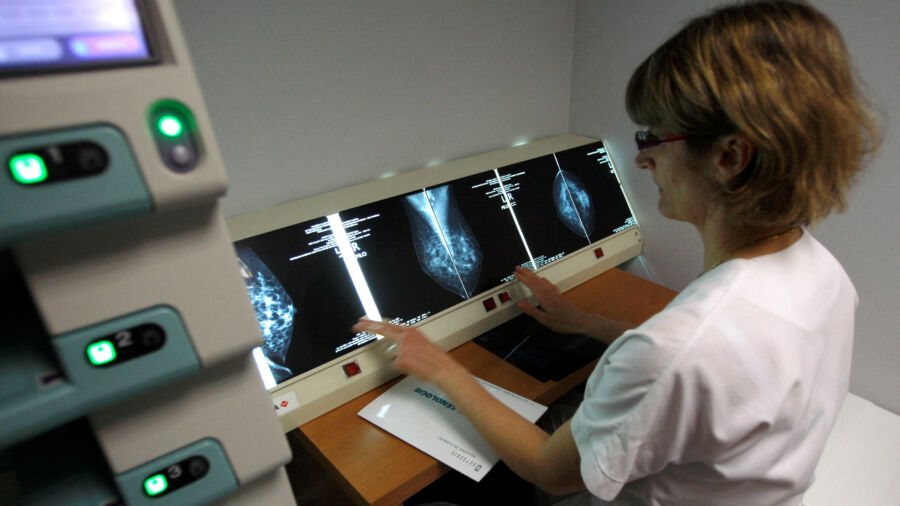Incidence of early-onset cancer has increased worldwide by 79 percent over the last three decades, according to a new study shows.
The study, published in BMJ Oncology journal, analyzed collected data of early-onset cancer incidences—cancers in adults under 50—for 29 cancer types in 204 countries and regions, from 1990 to 2019.
The number of newly diagnosed early onset cancers totaled 1.82 million in 1990, but rose to 3.26 million in 2019, the study found. The number of cancer deaths under 50 rose significantly as well, by 28 percent, from 830,000 to 1,060,000 worldwide.
Breast cancer accounted for the highest number of early-onset cases in 2019, with prostate and windpipe cancers rising the most since 1990, and liver cancers declining. Overall, people in the 40-49 age bracket faced the highest incidence.
The high increase, however, is not as dramatic as it first appears.
“The world human population increased by 46 percent between 1990 and 2019, which explains part of the increase in total case numbers,” Professor Dorothy Bennett of St George’s, University of London, commented.
The authors of the study also acknowledged that the accuracy of the data was limited, given the varying quality of cancer registries in different countries.
“The under-reporting and under-diagnosis in undeveloped countries may result in underestimation of the incidences and deaths of early-onset cancer,” they wrote.

An editorial accompanying the study stated that the results rattle the traditionally held views regarding ‘typical’ cancers in adults aged under 50 years.
“It is important to educate both the public and healthcare professionals regarding the possibility of certain cancers in younger adults to allow earlier diagnosis, which in turn improves outcomes,” the editorial read.
Risk Factors
Though the study’s authors mentioned dietary risk factors, as well as the consumption of alcohol and tobacco as the main underlying causes of early-onset cancers, the editorial noted that a “full understanding of the reasons driving the observed trends remains elusive.”
Although lifestyle factors are a likely contributor, the editorial pointed to novel areas of research looking into the causes of early-onset cancers, such as the impact of frequent antibiotic use, developing understanding of the gut microbiome, exposure to air pollution, etc.
The editorial noted that the study “serves as a warning for future burden on healthcare systems, which are still recovering from the impact of the COVID-19 pandemic.”
The authors of the study suggested that each country adjust its prevention strategies based on the local characteristics of early-onset cancer, and perhaps expanding early screening and prevention programs.
“Meanwhile, encouraging a healthy lifestyle could reduce early-onset cancer disease burden,” the study advised.

